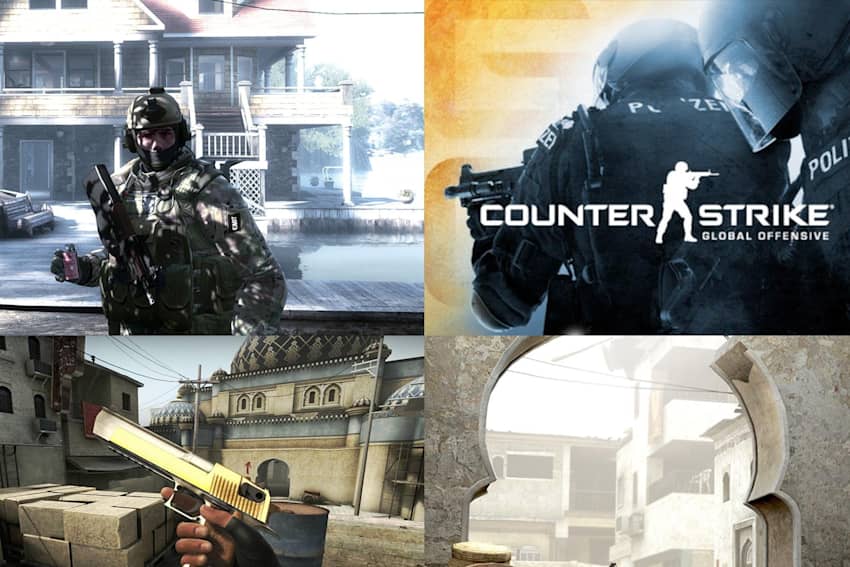Insightful Updates
Stay informed with the latest news and trends.
Pistol Rounds: Where Bullets Meet Brilliance
Explore the fascinating world of pistol rounds and discover the brilliance behind each bullet. Uncover insights, tips, and expert reviews today!
The Science Behind Pistol Rounds: Understanding Caliber and Performance
The science behind pistol rounds is a fascinating interplay of physics and chemistry, crucial for anyone interested in understanding their performance. At its core, caliber refers to the internal diameter of a firearm's barrel and, consequently, the diameter of the bullet it fires. The caliber significantly influences not only the bullet's size but also its velocity and energy transfer upon impact. For example, the widely popular 9mm Luger and the larger .45 ACP exhibit different ballistic properties, largely due to their respective caliber sizes. Factors such as bullet weight, powder charge, and design also play critical roles in determining the effectiveness of a pistol round.
When discussing performance, it's essential to consider several key characteristics, including stopping power, penetration depth, and recoil management. Stopping power, often a debated topic among enthusiasts, refers to a bullet's ability to incapacitate a target effectively. Factors contributing to stopping power include velocity, mass, and the type of projectile used—hollow points, for instance, expand upon impact for greater energy transfer. Analyzing caliber choices can help enthusiasts and professionals alike choose the best pistol round for their specific needs, balancing these critical elements for optimal performance.

Counter-Strike is a highly popular first-person shooter game that has a strong competitive scene. Players engage in team-based gameplay, where the objective varies depending on the game mode. One of the exciting features in the game is the Shattered Web Case, which includes a variety of skins and items that players can collect.
Top 5 Safety Tips When Handling Pistol Ammunition
When it comes to handling pistol ammunition, safety should always be your top priority. Here are the top 5 safety tips to keep in mind:
- Always treat every firearm as if it is loaded. This fundamental rule ensures that you consistently practice safe handling habits and avoid accidental discharges.
- Know your ammunition. Familiarize yourself with the specific type of ammunition for your pistol. This means understanding the size, caliber, and specifications to avoid mishaps.
- Keep ammunition stored securely. Store all pistol ammunition in a cool, dry place, away from direct sunlight and chemicals, to prevent degradation over time.
- Never mix ammo types. Mixing different types of ammunition can lead to dangerous mishaps. Always check that you're using the correct ammunition for your specific firearm.
- Follow the manufacturer's recommendations. Adhering to the guidelines provided by the firearm and ammunition manufacturers will help ensure you handle everything correctly and safely.
What Makes a Bullet Effective? Exploring Penetration, Expansion, and Accuracy
Understanding what makes a bullet effective involves examining three critical factors: penetration, expansion, and accuracy. Pentration refers to a bullet's ability to breach its target, which is vital for delivering the intended energy and stopping power. Different types of bullets are designed for varying penetration levels. For instance, full metal jacket (FMJ) rounds are known for deep penetration, while hollow points expand upon impact, increasing their stopping power without excessive over-penetration. This careful balance ensures that a bullet achieves its desired effect within the confines of terminal ballistics.
Equally important is accuracy, as even the most potent bullet is ineffective if it misses its target. Factors such as bullet design, weight, and the firearm's barrel length significantly influence accuracy. A well-designed bullet, whether meant for target shooting or hunting, should consistently group tight shot patterns, allowing shooters to hit their targets with precision. In summary, the effectiveness of a bullet hinges on its ability to penetrate, expand, and deliver accurate hits, making these elements essential for both enthusiasts and professionals in the shooting community.